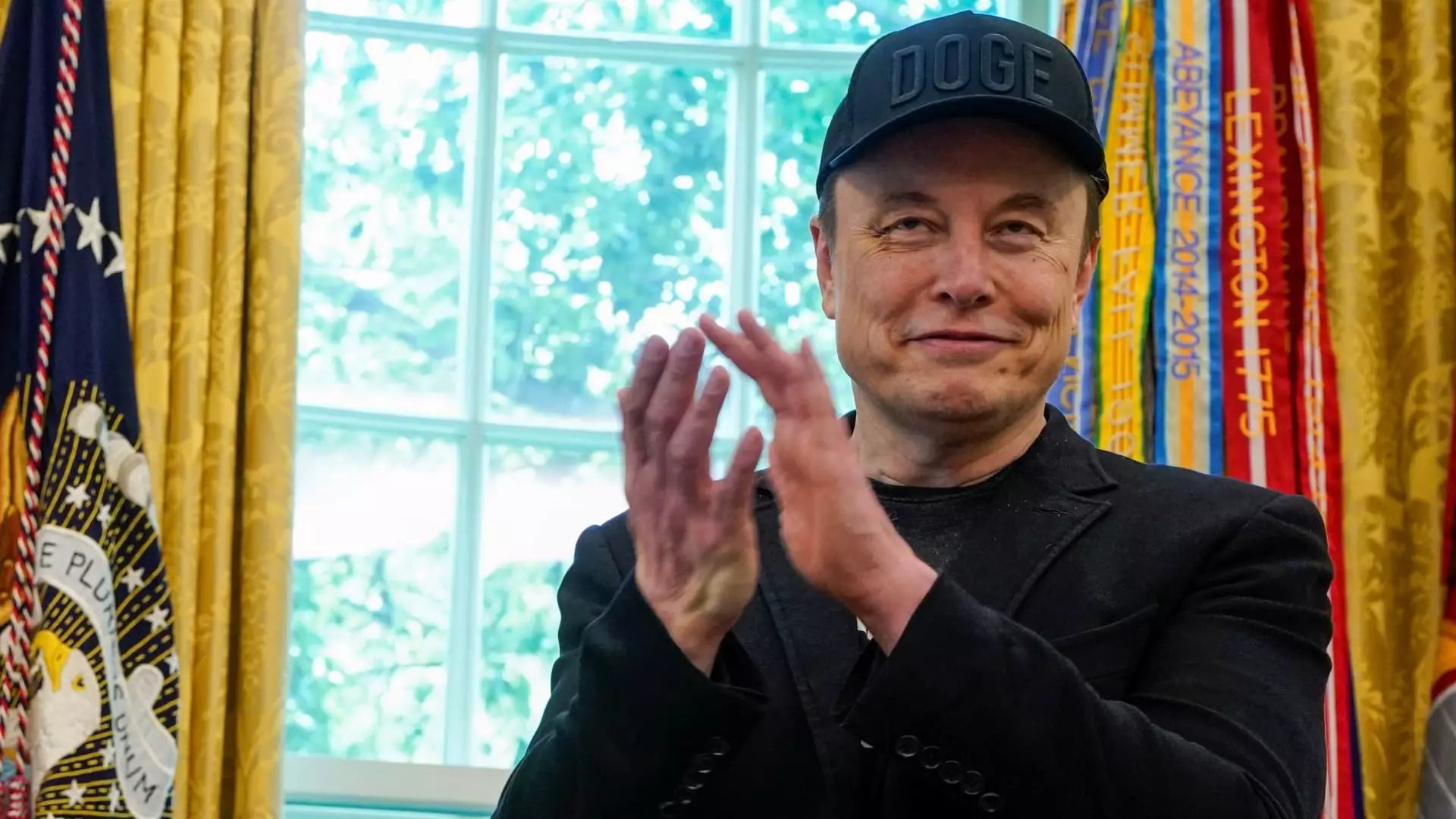Elon Musk’s announcement of the “America Party” marks an audacious attempt to reshape American politics by offering a fresh alternative grounded in the promise of restoring individual freedoms. While some might dismiss this as a publicity stunt or a desperate grab for influence, it reflects a deeper frustration with the existing political systems that many perceive as gridlocked and beholden to special interests. Musk’s call to focus on a handful of key legislative districts suggests a strategic approach—targeting the legislative bottlenecks that often determine national policy. However, the vagueness surrounding the party’s registration status raises questions about its long-term viability and seriousness. Is this merely an aspirational movement designed to shape debates or a genuine effort to challenge the entrenched power structures?
Potential Impact on the Political Landscape and Power Dynamics
Given Musk’s substantial financial backing—over $280 million in recent campaign contributions—the formation of this new party could wield extraordinary influence. His involvement hints at a desire to shift the balance of power, particularly by influencing closely contested Senate and House races, where a few pivotal votes could sway legislation. Yet, this ambition risks fragmenting the political center, which historically serves as a stabilizing force. If Musk’s “America Party” becomes a vehicle for centrist liberal voices seeking pragmatic solutions, it could inject much-needed nuance into polarized debates. Conversely, it could deepen existing divides if seen as a partisan opportunist. Musk’s current stance, especially his distancing from Trump and the Republican establishment, suggests he envisions a political home for moderates who value innovation and individual rights without the baggage of partisan extremes.
Risks and Rewards of Musk’s Political Maneuvering
Musk’s fundamental challenge lies in converting financial muscle and celebrity into genuine political influence. His previous donations did favor Republicans, but his recent actions hint at a desire to carve out a more centrist, liberal-leaning path—an interesting dichotomy considering his public clashes with Trump. If this new party can succeed in attracting disillusioned voters from both sides of the aisle, it could serve as a needed catalyst for reform. However, the risks are equally significant. The American political system is notoriously resistant to newcomer movements, especially those without clear institutional roots or grassroots support. Moreover, Musk’s tendency toward provocative statements and unpredictable shifts could alienate potential allies, making the party more of a disruptive force than a constructive one.
In essence, Musk’s venture embodies the complex allure and inherent dangers of outsider political efforts. While the goal of invigorating democracy with innovative solutions resonates with many, the reality is that such endeavors often falter behind the sheer weight of entrenched interests and institutional inertia. Whether the “America Party” becomes a pivotal player or a fleeting spectacle remains to be seen, but it undoubtedly highlights the restless desire of a segment of the American populace for meaningful change—one that balances progress with pragmatism, and liberty with social responsibility.

